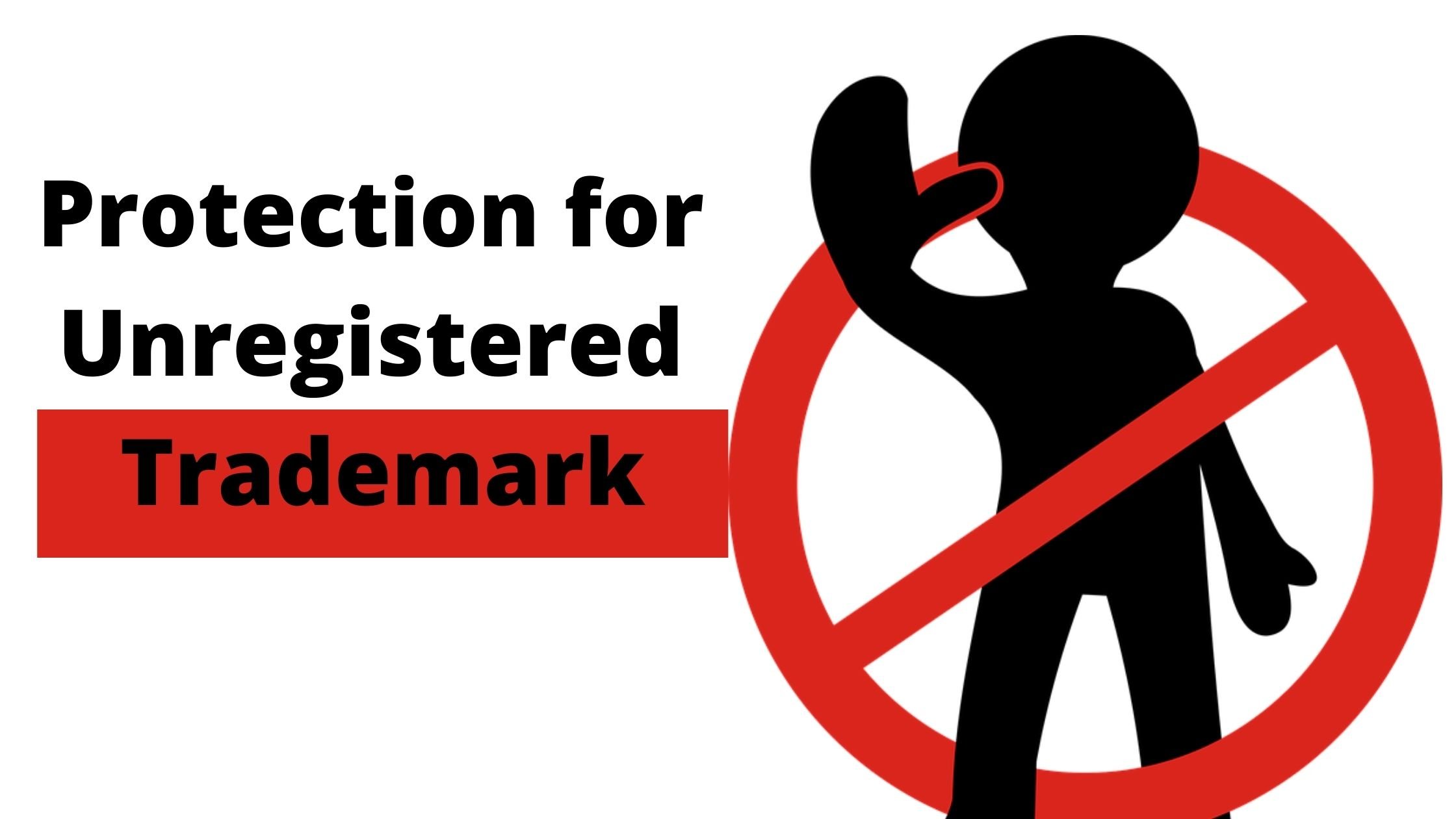Concept of Passing off in Trademark Act, 1999
It is said that the remedy to stop anyone from utilizing her/her mark is available only for person who has registered the brand name but the Trademark Law provides the said remedy in the form of passing off for unregistered trademark holder also. Passing Off is a common law tort which secures the goodwill and reputation of brand name holder against damage caused by deception by defendant.

Concept of Passing off in Trademark Act, 1999
Introduction
It is said that the remedy to stop anyone from utilizing her/her mark is available only for person who has registered the brand name but the Trademark Law provides the said remedy in the form of passing off for unregistered trademark holder also.[1] Passing Off is a common law tort which secures the goodwill and reputation of brand name holder against damage caused by deception by defendant.
Passing Off is a common law tort which secures the goodwill and reputation of brand name holder against damage caused by deception by defendant. The deception/misrepresentation is done through confusing or deceitful use of the brand names, marks or other indications used by the plaintiff with respect to goods or services.[2]
Meaning of Passing off under Trademark Act, 1999
Passing off is when one individual is making his goods or services look like that of another individual. The action is allowed to both enlisted and unregistered brand names, yet a suit for encroachment is accessible for just registered brand names.
Under an action of passing off, the plaintiff have to proof likeness and how the defendant's mark is probably going to create confusion among the general public and furthermore has a probability of causing injury to plaintiff's goodwill. To prove passing off the prior use of the mark must be established by the plaintiff.
In the case of Consolidated Foods Corporation v. Brandon & Co. pvt Ltd.[3] the Court held that, There must be a preference and priority in the adoption and utilization of a trademark is better than priority in registration.
The basis for passing off action is to ensure goodwill of the business and to guarantee the buyers are not abused and dishonest trading is prevented. The action of passing off is autonomous of Statutory Right.
In the case of Consumer Distributing Co. v. Seiko Time Canada Ltd.,[4] The Court held that "the simple wrong of selling one's products misleadingly as those of another isn't currently the center of the activity. It is the protection of the network from the significant damage of unfair competition and unreasonable trading.
Essentials constituting Passing off Action
- Misrepresentation - When a deception is set up it is reasonable to construe that the clients of the products got them on that misrepresentation, except if there is proof despite what might be expected. Where the defendant takes or attempts to make people in general believe that the goods and services which he is providing are of the plaintiff. It can be both intentional & unintentional.
In the case of Telemart Shopping Network Pvt Ltd vs Tvc Life Sciences Ltd & Anr,[5] the Court held that misrepresentation doesn’t mean plaintiff has to prove any bad intention rather the likeliness of confusion in the mind of general public must be established that goods and services used by plaintiff and defendant are deceptively similar.
- Goodwill - It must be proved that the individual or the goods and services own some sort of reputation in the mark which connects the general public with that particular products or services. Establishing goodwill and harm caused or possible damage that could be caused to the goodwill is a significant ingredient. An unregistered brand name hence has a higher weight than a registered brand name.
- Damage – The plaintiff must prove that they have suffered the reasonable business loss/harm due to the said misrepresentation. It is said to be difficult when comes to proving and require inspection of accounts of both the parties.
In the case of Reckitt & Colman Ltd v Borden Inc.[6], The Court observed that in a suit for passing off plaintiff must establish the three basic elements of Passing off, i.e. Goodwill, Misrepresentation and Damage. These elements are also called as the CLASSICAL TRINITY.
Kinds of Passing off
Remedies under Passing off
Section 135(1) provides relief which can be granted to plaintiff for the loss/harm caused to him and established suit by the court in case of infringement & passing off-
- Injunction;
- Damages on account of profits;
- Injunction - The grant of injunction is based on provisions included in Section 36 to 42 of the Specific Relief Act, 1963 and Order 39 Rule 1 and 2 read with section 151 of the Code of Civil Procedure.[7] It can be given in various types like- Anton Piller Order, Mareva Injunction, Interlocutory Injunction, Perpetual Injunction, infringing goods destroyed etc.
- Damages- It is said to be the compensation for harm caused to the original proprietor of trademark or plaintiff. The monetary value is said to be recovered for reputation of brand.
Conclusion
With the growth and competition in the market, Registration of Brand Name has become significantly important. Passing Off is said to be the common law tort which protects goodwill and reputation of mark holder against harm caused by misrepresentation. To protect the right, reputation & goodwill must be proved. Passing Off is applicable for unregistered goods and services.
BY:-
ANKITA MISHRA
[1] Section 27, Trade Mark Act, 1999.
[2] Bansal Ashwini Kr., Law of Trade Marks in India, Center of Law, Intellectual Property and Trade, 2006
[3] Consolidated Foods Corporation v. Brandon & Co. pvt Ltd, AIR 1965 Bom 35
[4] [1984] 1 S.C.R. 583
[5] Telemart Shopping Network Pvt Ltd vsTvc Life Sciences Ltd & Anr, Delhi High Court CS(COMM) 115/2016
[6] Reckitt & Colman Ltd V Borden In,c[1990] 1 All E.R. 873
[7] Century v. Roshanlal, AIR 1978 Del 250. The trial












